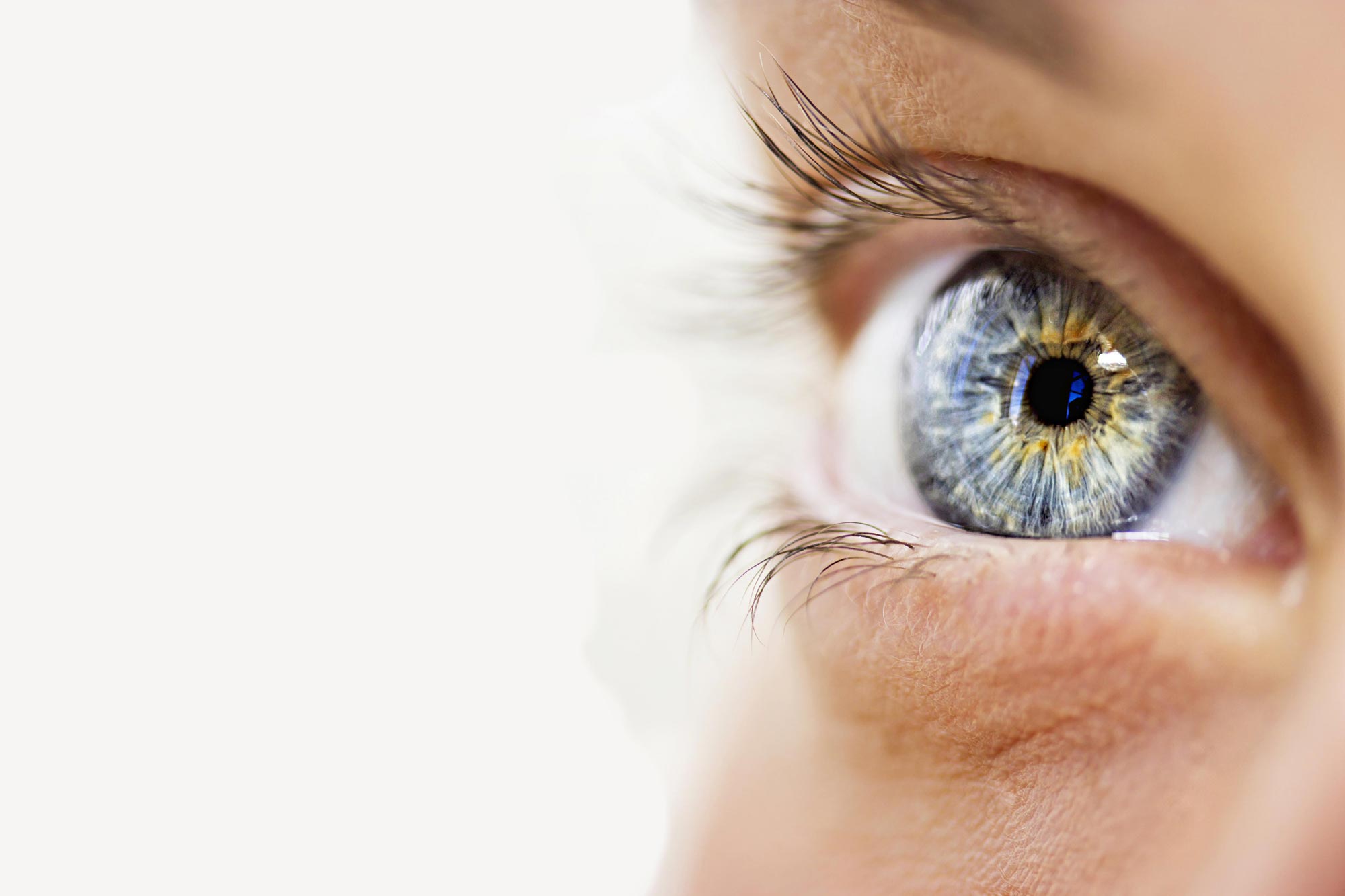Ophthalmologist in Andalusia: Trusted Professionals for Vision Health
Ophthalmologist in Andalusia: Trusted Professionals for Vision Health
Blog Article
Is Refractive Surgical Treatment Right for You? Variables to Think About for Better Eyecare
In the realm of eye care, the decision to undergo refractive surgical treatment is a substantial one that requires thoughtful consideration. From the intricacies of one's eye wellness to the details of personal expectations and day-to-day practices, each aspect holds significance in the wider landscape of refractive surgery candidateship.
Eye Wellness Analysis
When thinking about refractive surgery, an extensive eye health analysis is essential to analyze the viability of the treatment for every individual. cardiologist andalusia. This evaluation includes a collection of exams and tests conducted by an eye treatment expert to identify the total health and wellness of the eyes, the presence of any underlying problems, and the stability of the refractive error
During the evaluation, numerous aspects are taken into account, such as the individual's case history, present eye prescription, corneal thickness, pupil dimension, and tear movie quality. These assessments help to identify any type of contraindications to refractive surgery, such as corneal problems, cataracts, or untreated eye infections. Additionally, the evaluation aids to handle person expectations relating to the potential outcomes of the surgical procedure based upon their distinct eye characteristics.
Inevitably, the eye wellness assessment is necessary in making sure the security and efficiency of refractive surgical treatment, as it offers useful understandings right into the individual's eye health status and aids determine one of the most appropriate treatment options for attaining ideal visual end results. (neurologist andalusia)
Way Of Living Evaluation
An extensive way of life evaluation is integral in figuring out the viability of refractive surgical procedure for a person's visual modification requirements. Way of life aspects such as profession, pastimes, and day-to-day activities play an important duty in the decision-making procedure regarding refractive surgical treatment.
Furthermore, way of life practices such as sporting activities involvement, outside activities, or even skin care regimens can influence the healing process and total success of refractive surgical treatment. By performing a comprehensive way of life analysis, eye treatment professionals can tailor their referrals and therapy strategies to satisfy the unique requirements of each individual, eventually leading to boosted aesthetic results and contentment.
Assumption Positioning

Individuals need to comprehend that while several people accomplish 20/20 vision or much better following refractive surgical treatment, some may still call for glasses for specific activities like analysis or driving at night. Taking care of these expectations assists avoid frustration and dissatisfaction post-surgery, leading to a much more favorable general experience for the person.
Danger Analysis

Factors that might increase the risk of issues consist of age, particular clinical problems like autoimmune diseases, unsteady vision prescription, slim corneas, and impractical patient expectations. Additionally, choosing a knowledgeable and seasoned specialist, following pre and post-operative treatment guidelines carefully, and divulging any type of relevant clinical history can help minimize risks.
To lessen the chance of difficulties, eye doctors carry out extensive pre-operative examinations to recognize any kind of contraindications to surgery. They additionally review the potential threats and benefits with people during the examination procedure. By engaging in open interaction and shared decision-making, both the patient and the ophthalmologist can collaborate to identify if refractive surgical treatment is the ideal choice based on specific danger profiles and wanted outcomes.
Examination Significance
Taking into consideration the crucial role of informed decision-making in assessing risks and prospective complications in refractive surgery, the assessment process holds significant value in assisting individuals towards ideal outcomes. During the examination, the eye doctor examines the patient's eye health, refractive mistakes, and total viability for surgery. This initial analysis is vital in figuring out one of the most ideal treatment for each person, taking into consideration elements such as corneal density, pupil size, and existing eye problems.
In addition, the consultation serves as a possibility for people to discuss their expectations, problems, and any questions they might have pertaining to the surgical procedure. Clear interaction in between the cosmetic surgeon and the person is essential to ensure sensible expectations and a thorough understanding of the prospective dangers and advantages included.
Furthermore, the appointment enables the doctor to clarify the various click over here now medical options readily available, their respective outcomes, and the post-operative treatment required. This comprehensive conversation equips patients to make well-informed decisions regarding their eye care, leading to far better satisfaction and end results post-surgery.
Verdict
In discover this final thought, individuals considering refractive surgical procedure must undergo a thorough eye wellness assessment, analyze their lifestyle routines, align their expectations with potential end results, evaluate the affiliated dangers, and focus on assessments with eye care specialists. These aspects play an essential role in determining the viability of refractive surgical treatment for every individual, making certain ideal results and complete satisfaction with the treatment.
People thinking about refractive surgery usually have high expectations pertaining to the outcomes, anticipating excellent vision without the need for glasses or call lenses. While refractive surgical procedure can considerably boost vision and lower dependence on aesthetic help, it is crucial for individuals to recognize that outcomes might differ based on individual variables such as the degree of refractive error, corneal thickness, and general eye health and wellness.
By engaging in open interaction and shared decision-making, both the client and the ophthalmologist can work with each other to figure out if refractive surgical treatment is the ideal option based on specific risk accounts and desired outcomes.
Thinking about the vital function of educated decision-making in analyzing threats and prospective complications in refractive surgical treatment, the assessment process holds significant value in leading individuals in the direction of optimum results. Recommended Reading During the examination, the ophthalmologist evaluates the individual's eye health and wellness, refractive mistakes, and general suitability for surgical procedure.
Report this page